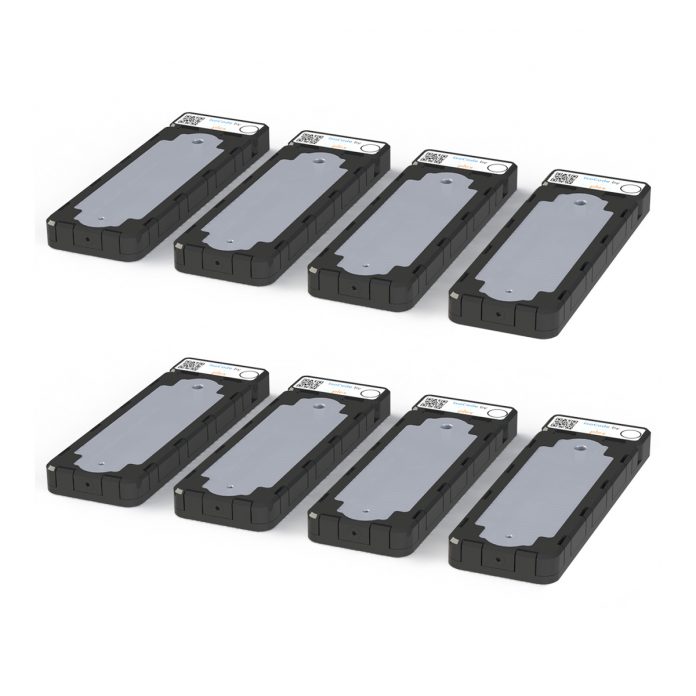
IsoPlexis said today it has won a two-year, $1.8 million Small Business Innovation Research (SBIR) grant from the NIH’s National Cancer Institute (NCI) to develop an automated assay platform and informatics suite for larger clinical trials of cell therapies.
IsoPlexis said it would collaborate with UCLA and other top academic medical centers to use the platform, which would be designed to help predict patient response to chimeric antigen receptor T-cell (CAR-T) therapies by assessing their potency and toxicity before being infused into patients.
The platform is envisioned for processing patient samples and capturing single-cell data at the pace required for large-scale blood cancer treatment clinical trials. IsoPlexis added that it will also develop a comprehensive bioinformatics suite to analyze large amounts of single-cell data and produce precise and predictive biomarker information.
“This new grant demonstrates the commitment to advancing CAR-T through investments, not only in the area of therapeutic discovery, but also in next-generation engineering technology,” IsoPlexis CEO and Co-Founder Sean Mackay said in a statement.
In April at the American Association for Cancer Research's 2017 Annual Meeting, IsoPlexis released data from a collaboration with Kite Pharma (now Kite, a Gilead Company) showing that the platform—known as IsoCode or single-cell barcode chip (SCBC)—detected a statistically significant association between the potency of CAR-T cell product prior to treatment and objective response of cancer patients following treatment. Researchers used the platform to analyze CAR-T cell therapy products for 20 patients with non-Hodgkin lymphoma. Data was captured to determine the PSI, or cellular functional profile and strength, of each product.
Kite last week became the second CAR-T therapy developer to win FDA approval for a treatment. Last year investigators from the developer of the first CAR-T therapy approved by the agency, Novartis, joined researchers from IsoPlexis in showing a pre-infusion correlation with post-infusion patient response.
The two-year grant, Project No. 2R44CA210841-02, includes $974,208 awarded for the current federal fiscal year, which ends September 30.
According to IsoPlexis’ project submission to the NCI, the platform shows several advances over flow cytometry based platforms as it “enables (a) assaying 30+ secreted proteins per individual live cell, (b) a broad range of immune cell functions covering efficacy and safety, (c) is designed to fit various types of immune cells, (d) is the first quantitative metric of these proteins per cell, and (e) requires samples sizes totaling only 5000 cells. , all critical leaps over flow cytometry based platforms.”
“With this Phase II submission, we will deliver the first effective CAR-T pre-infusion quality check assay to predict objective response in patients, in an easy-to-use, automated system that can be used throughout all cellular immunotherapy trials,” IsoPlexis stated.
On September 25, IsoPlexis completed its final close on $13.5 million in Series B financing. The round was led by Spring Mountain Capital, with participation by Connecticut Innovations, the state’s strategic venture capital arm; as well as North Sound Ventures and Ironwood Capital.













